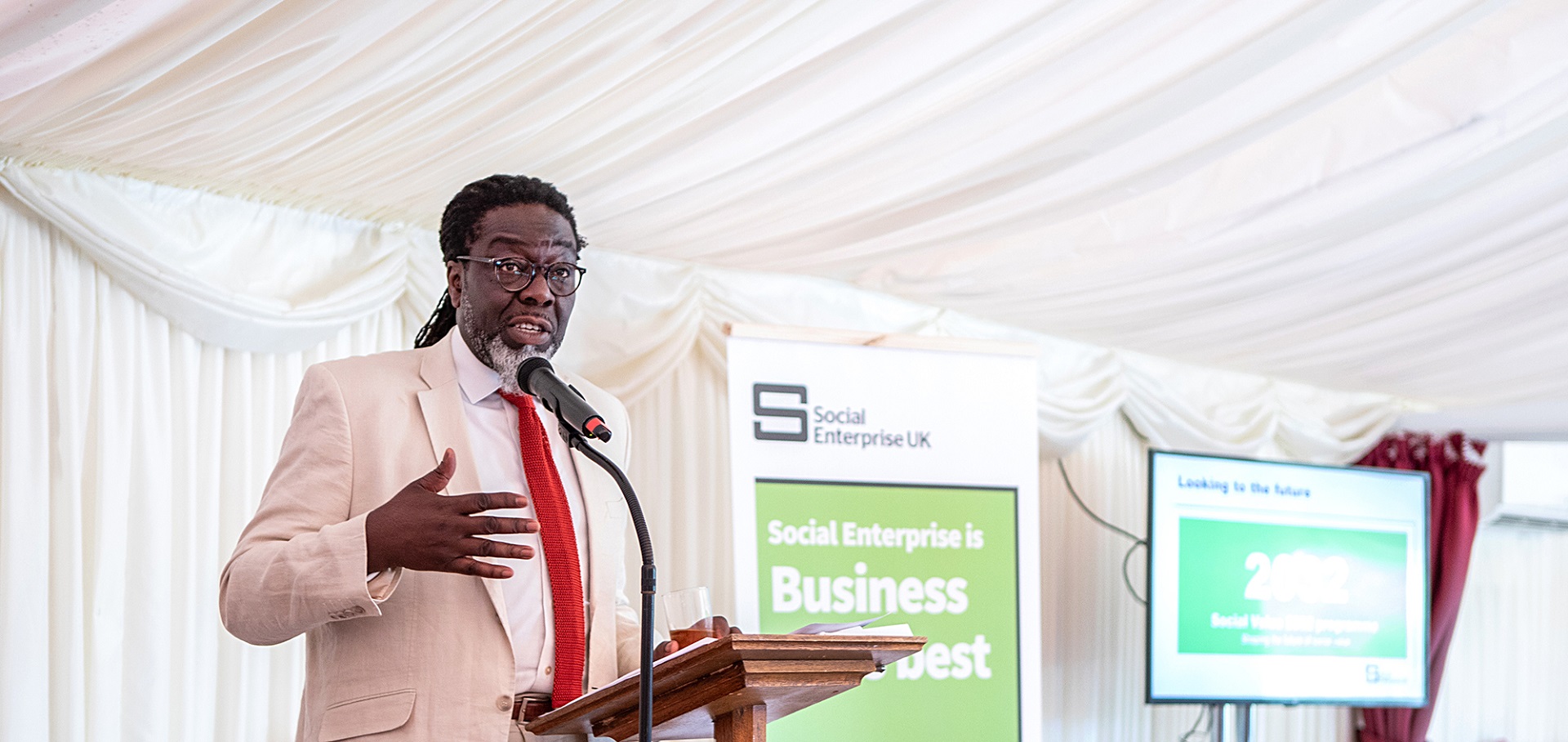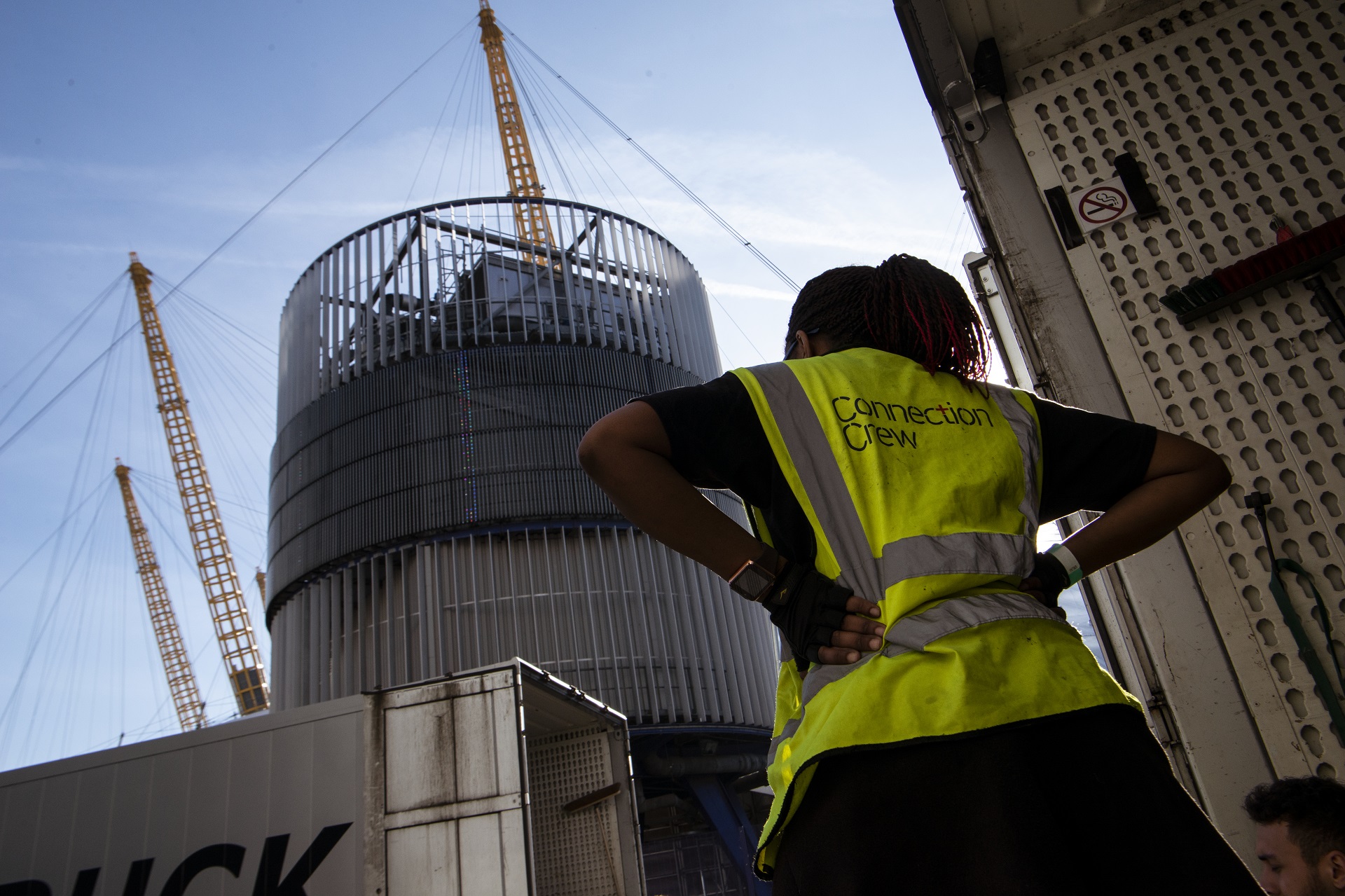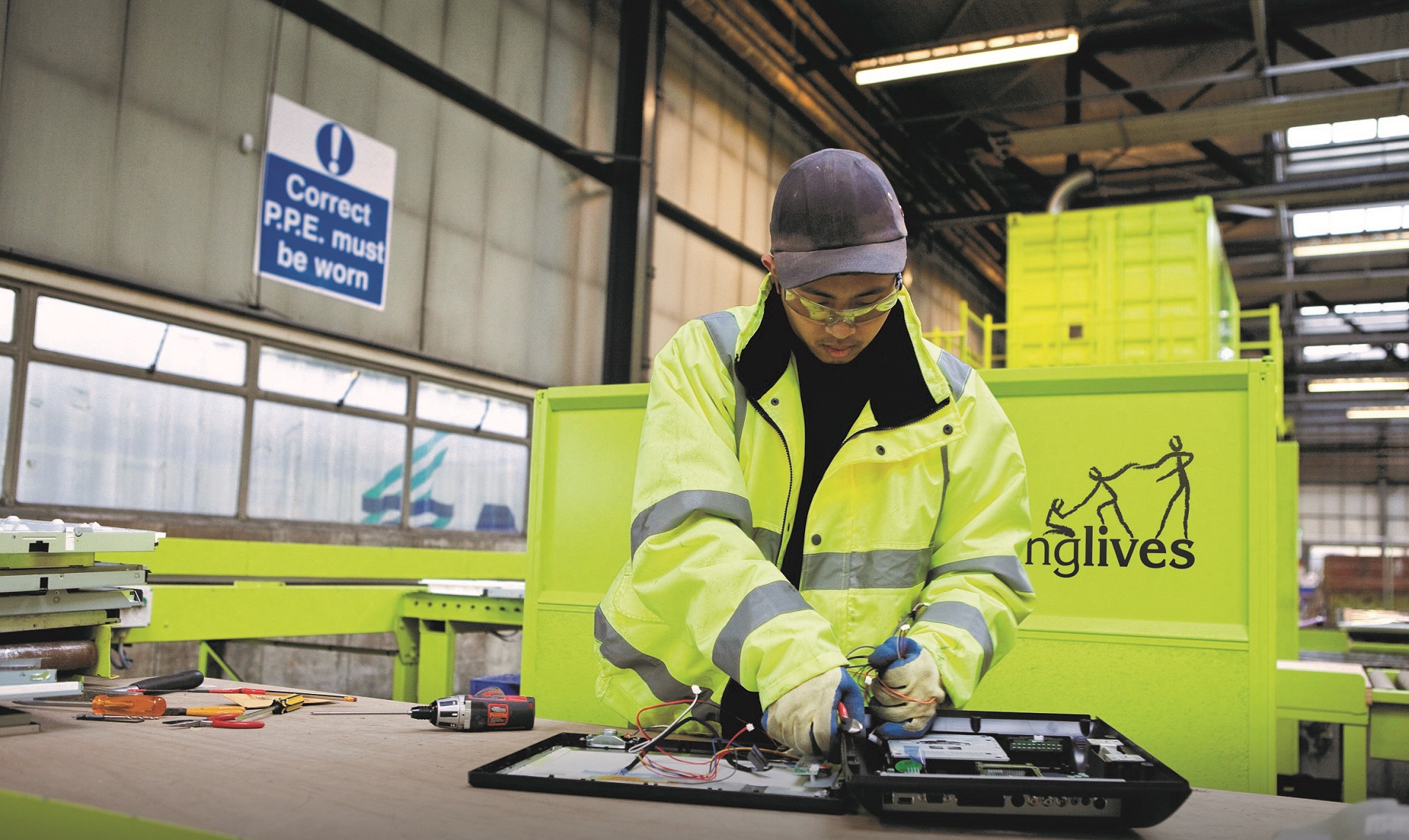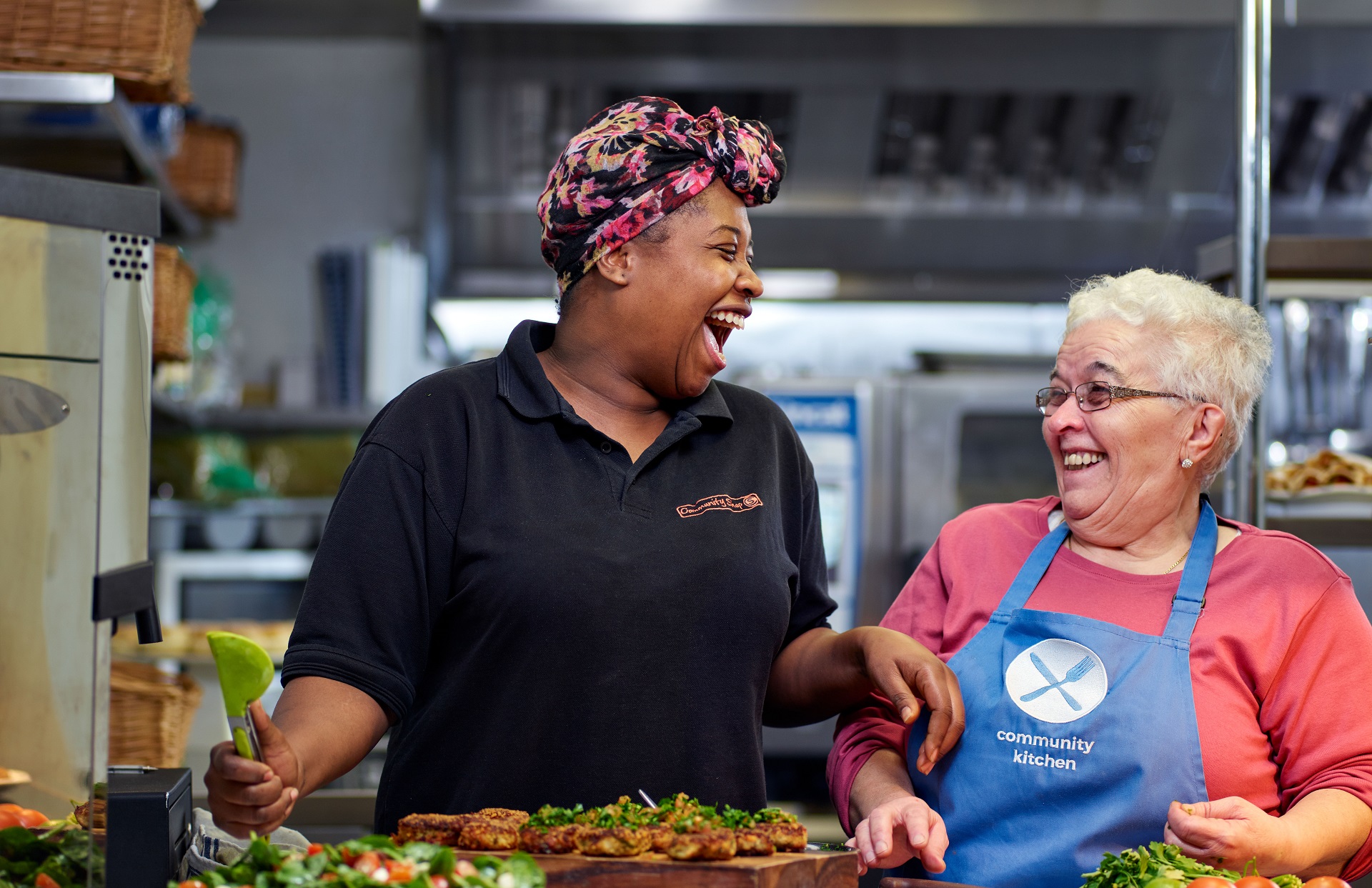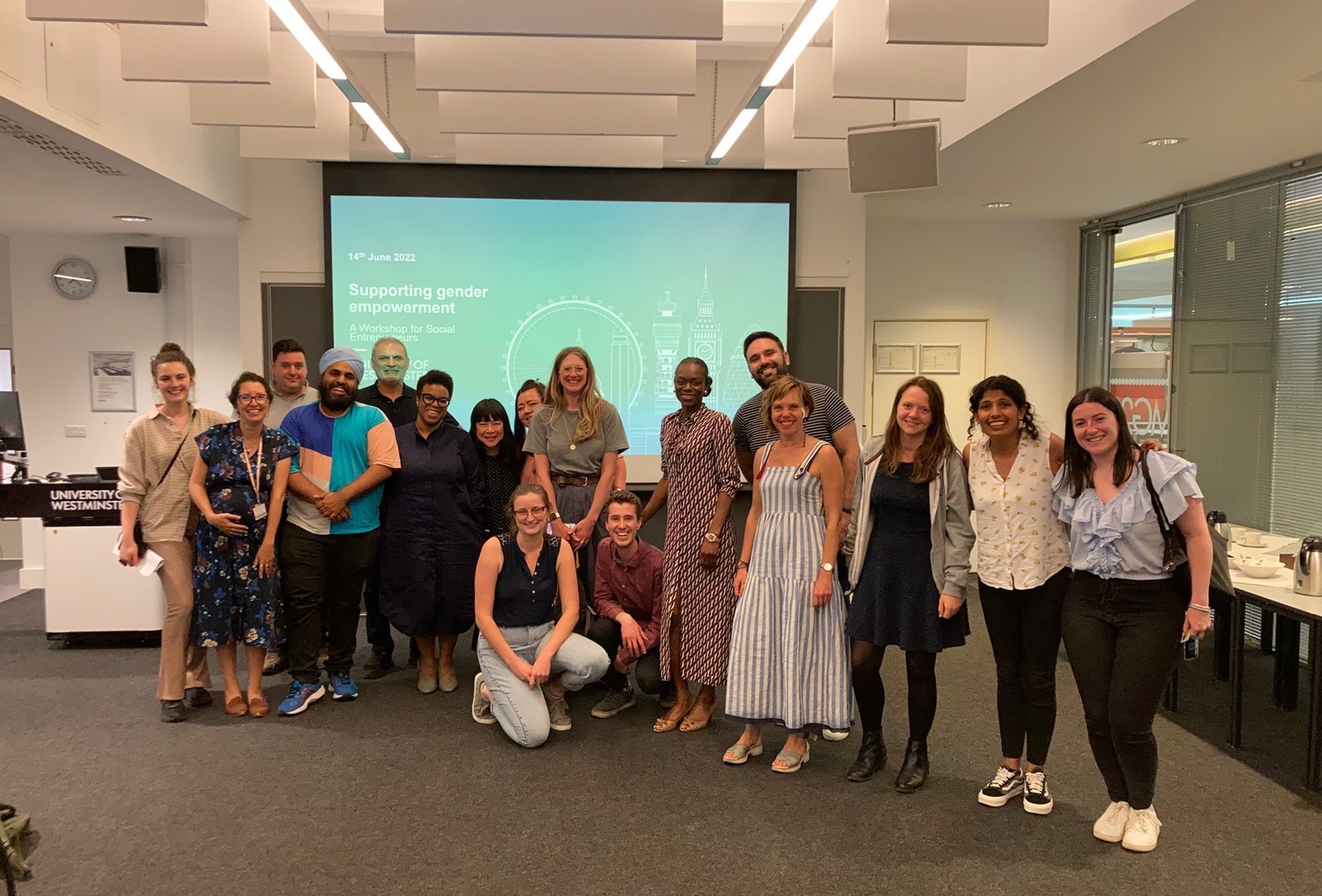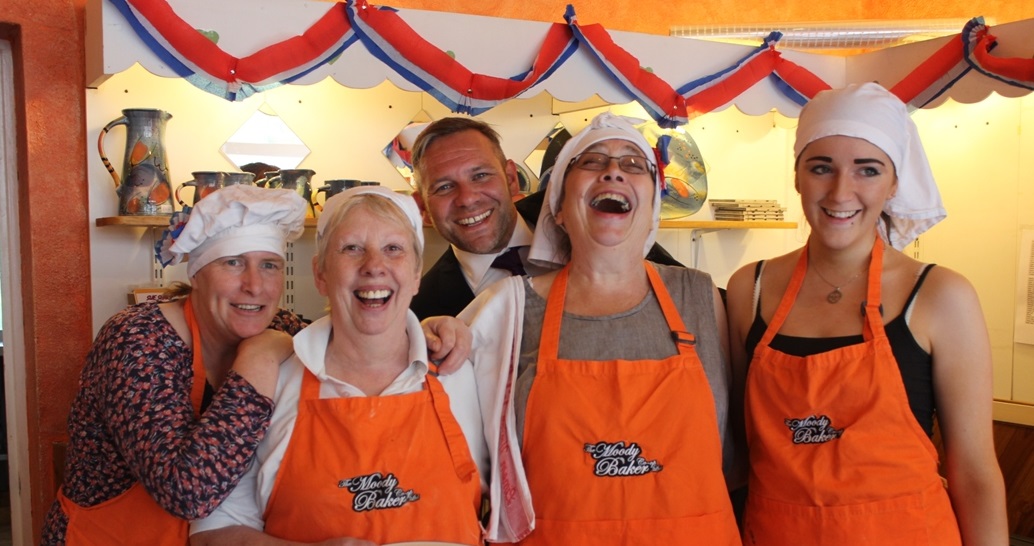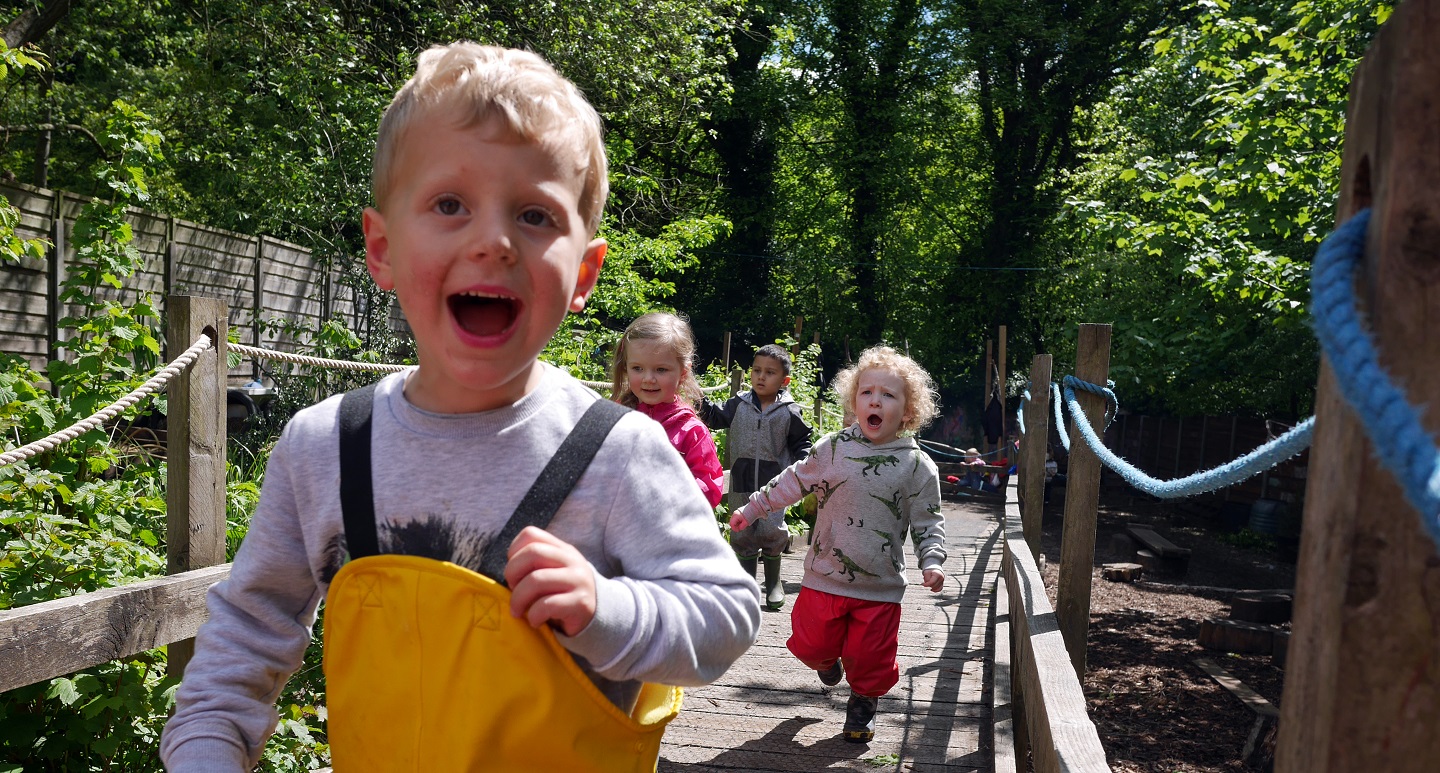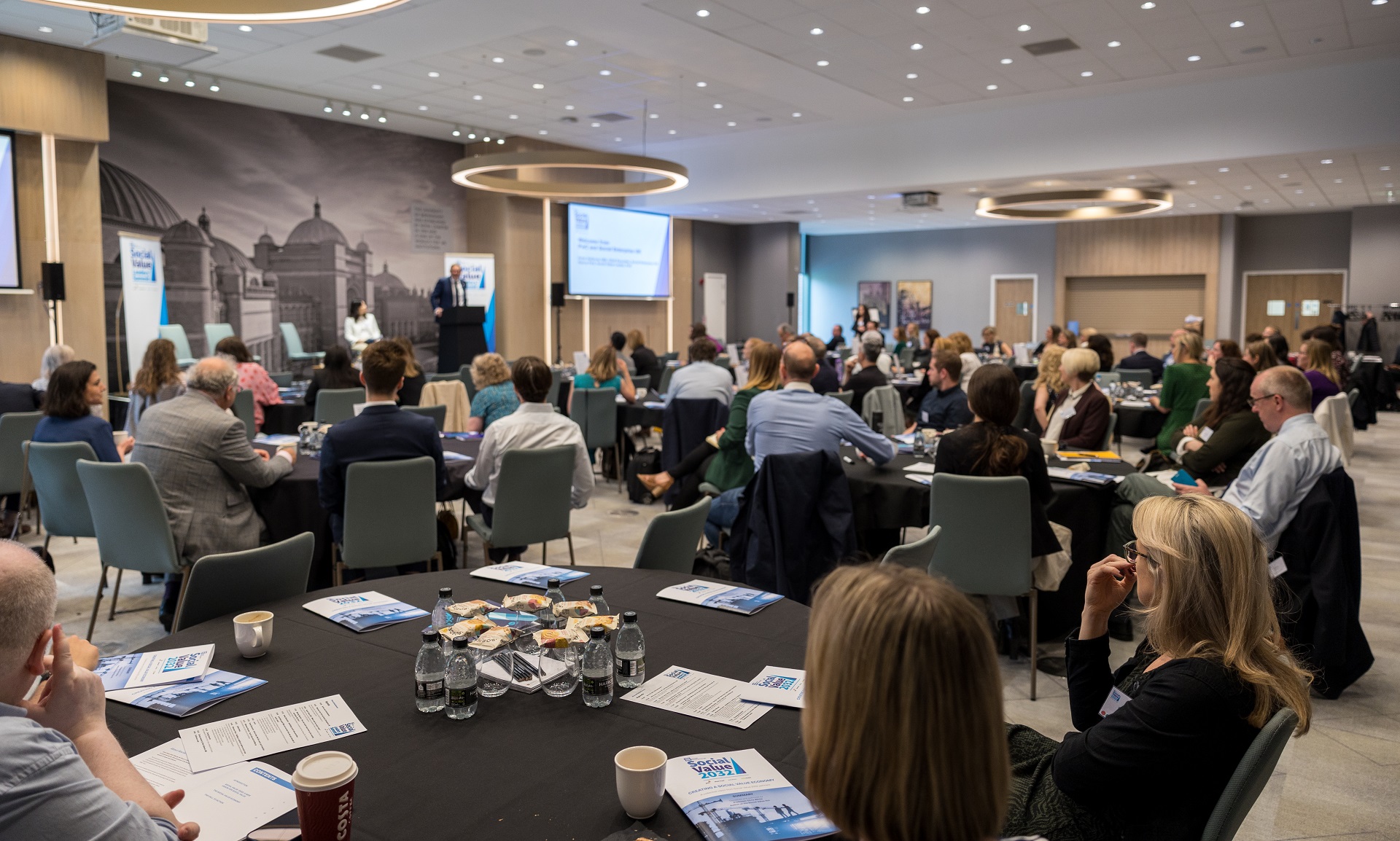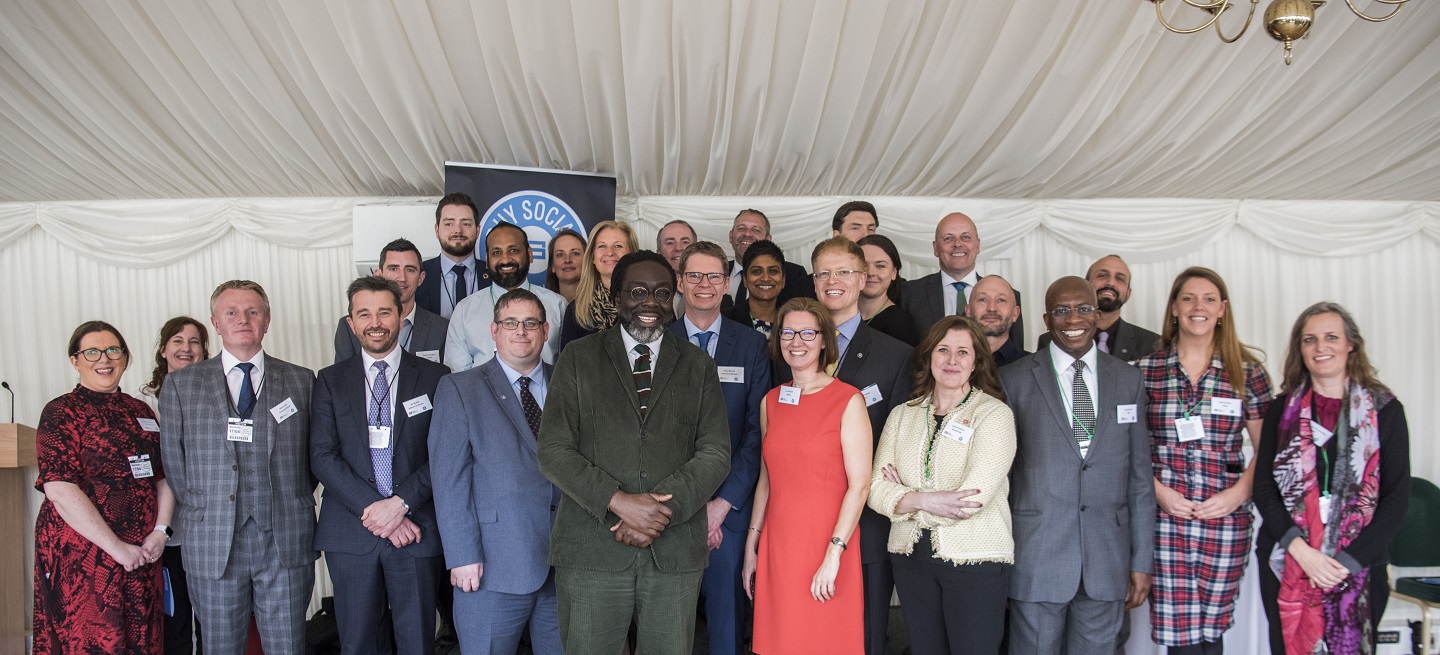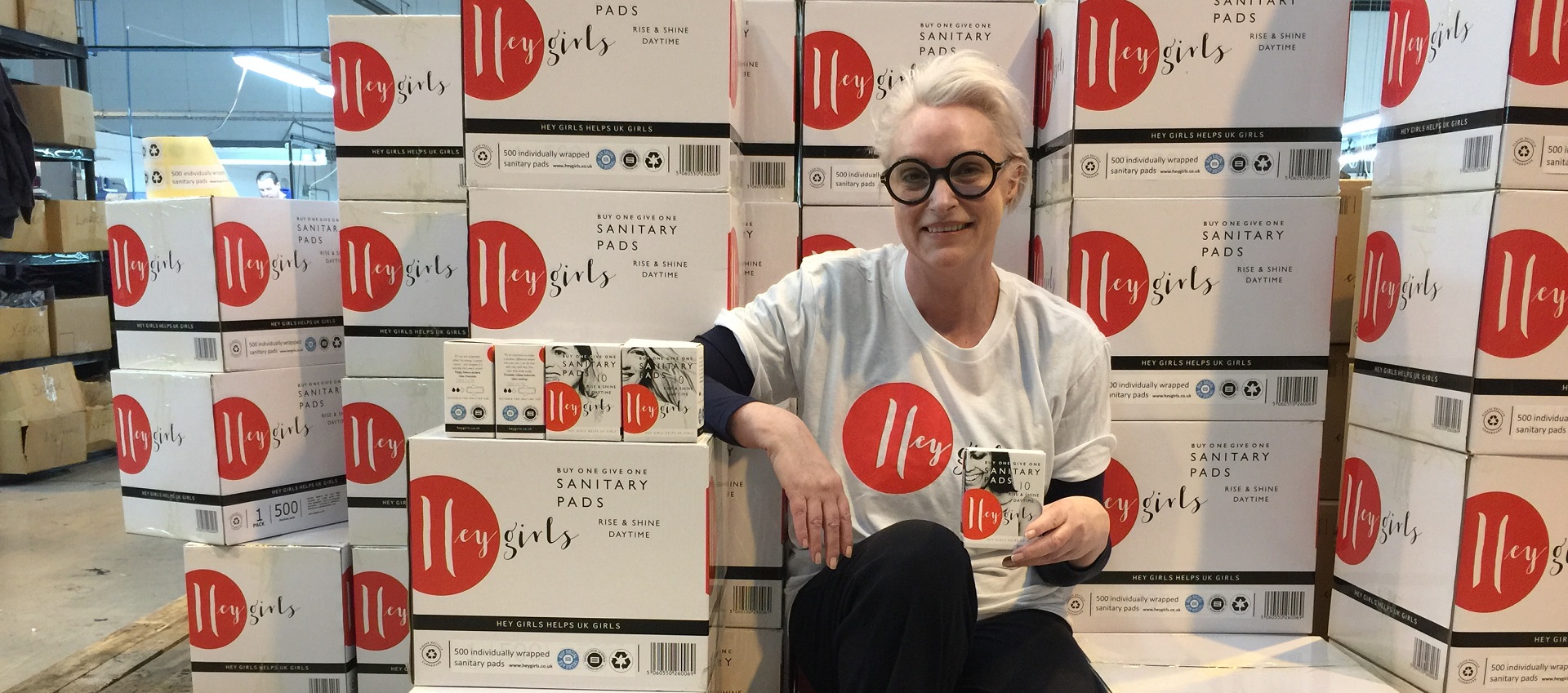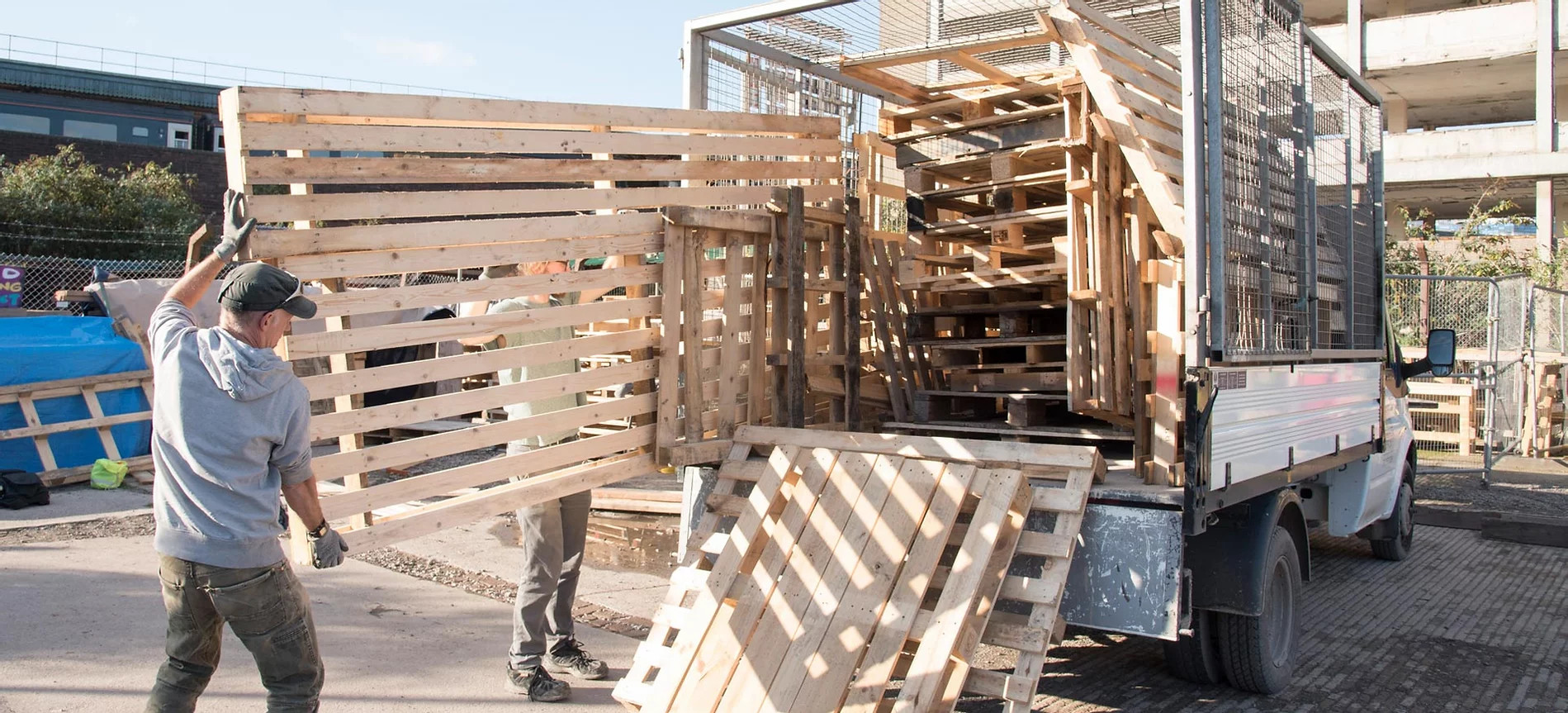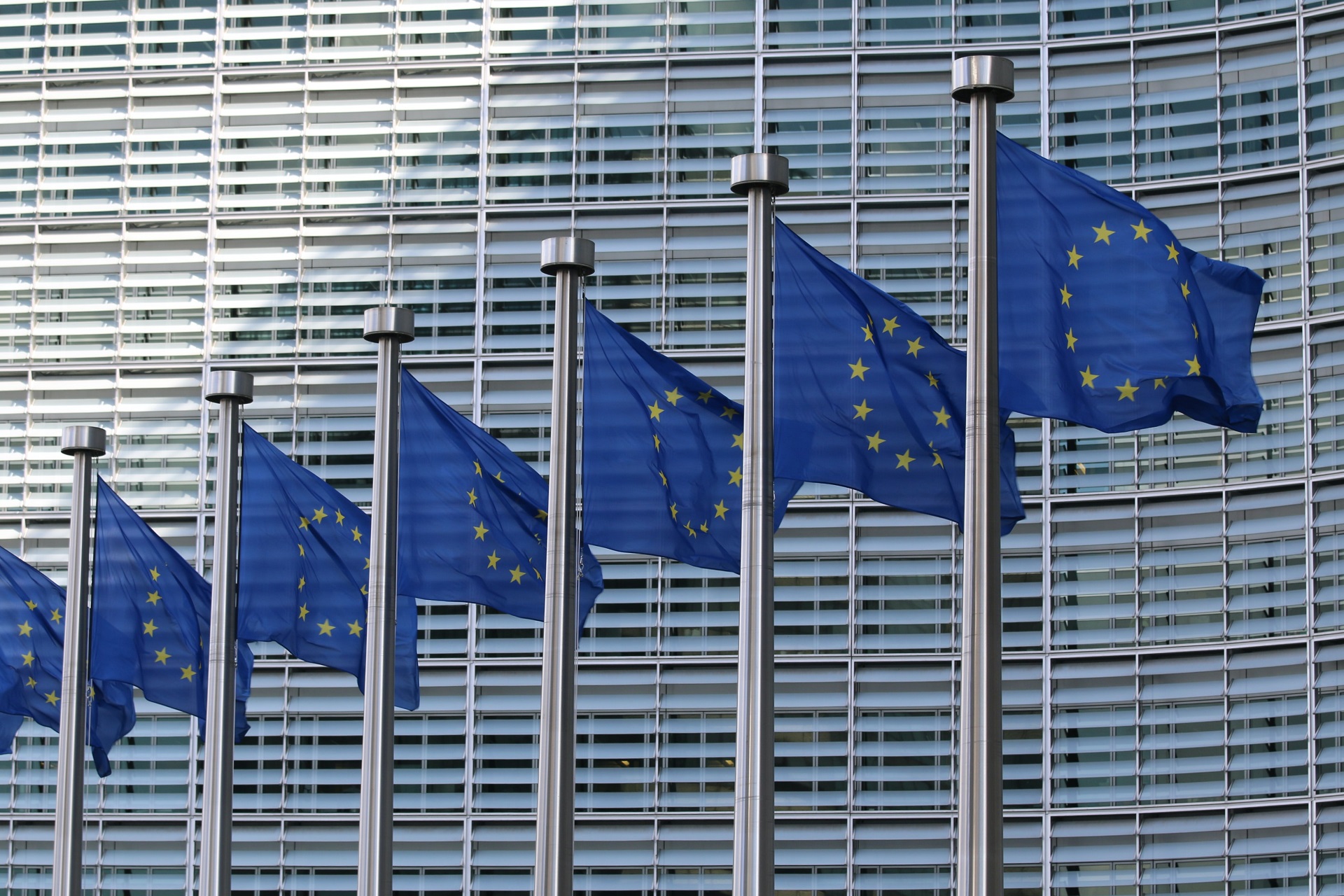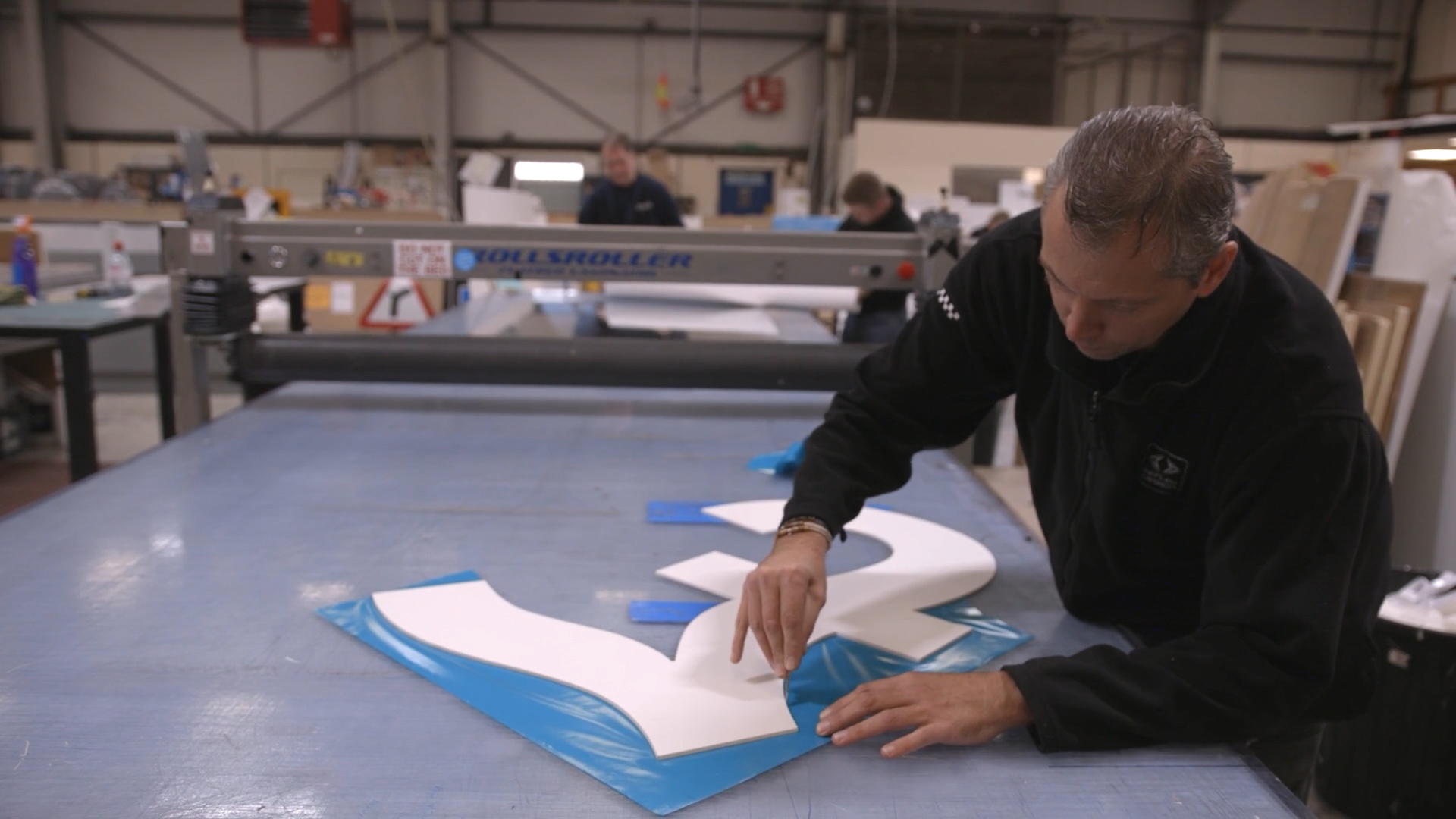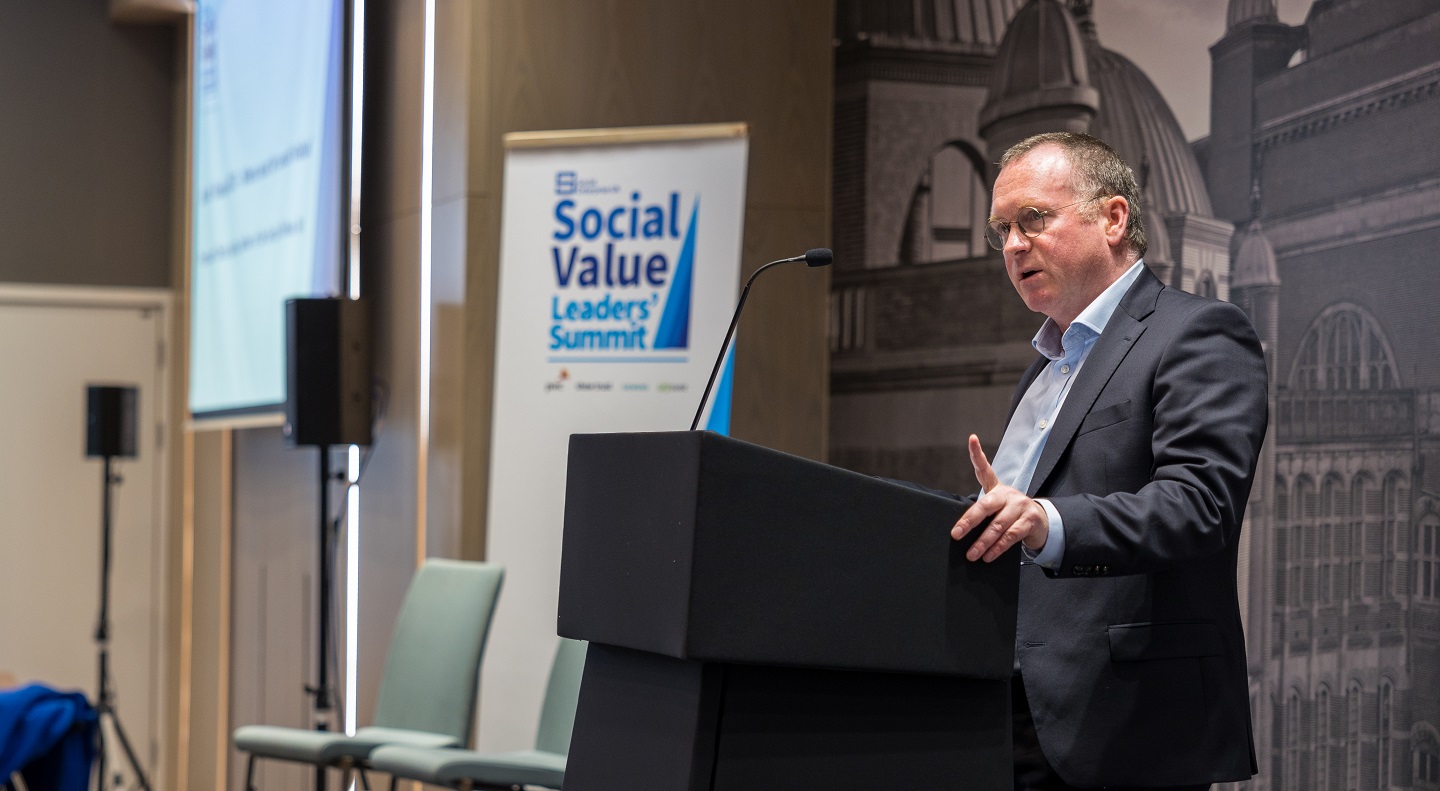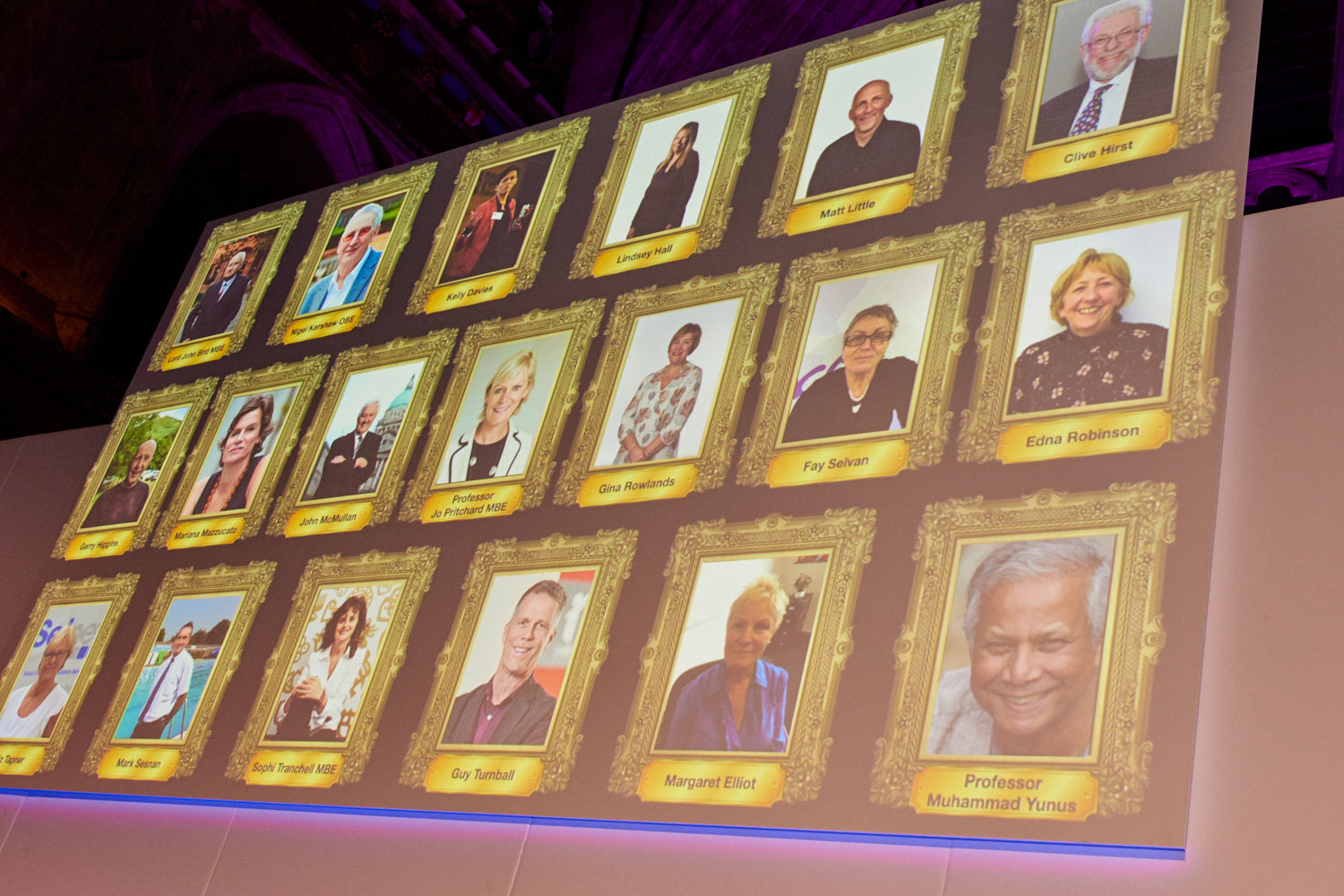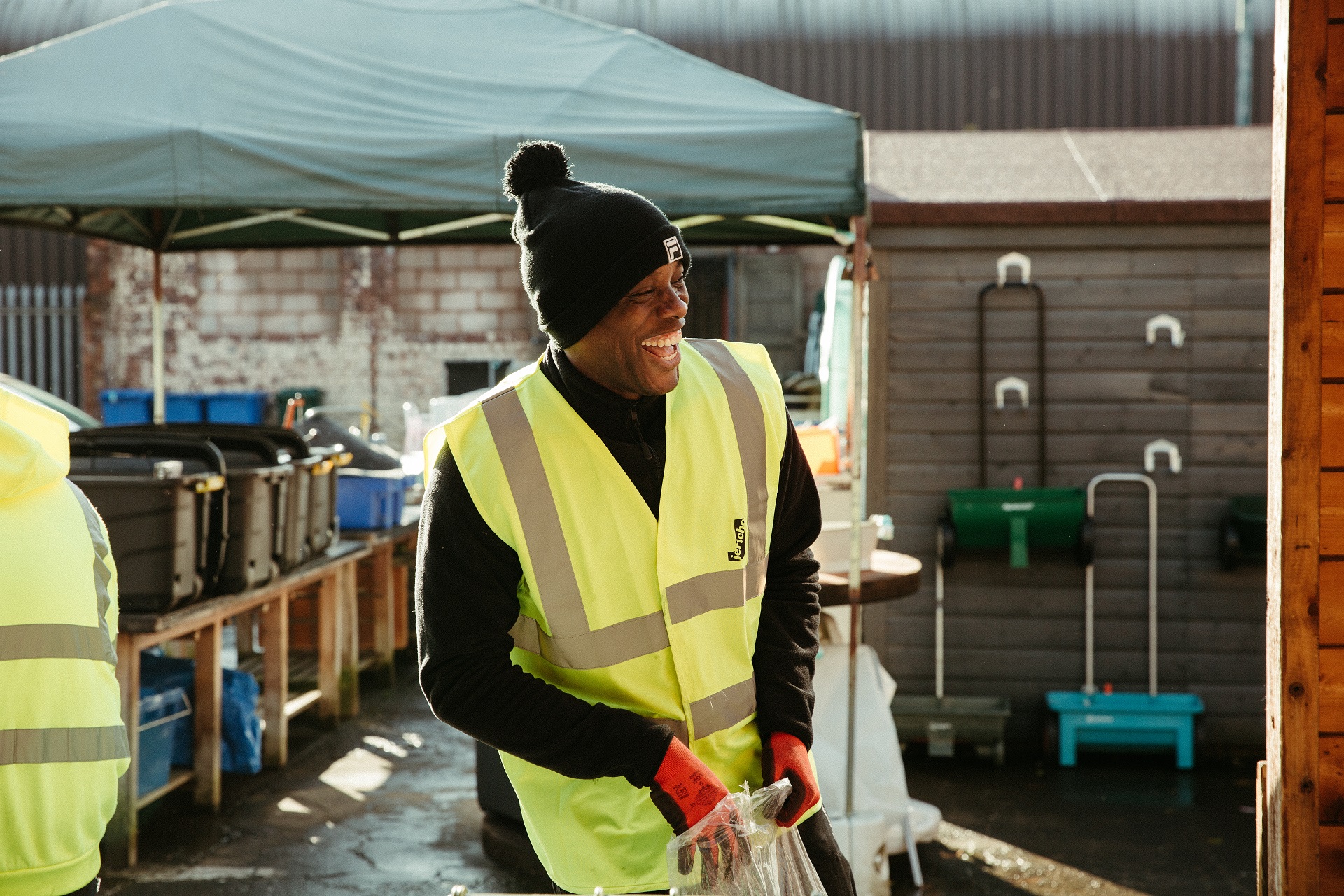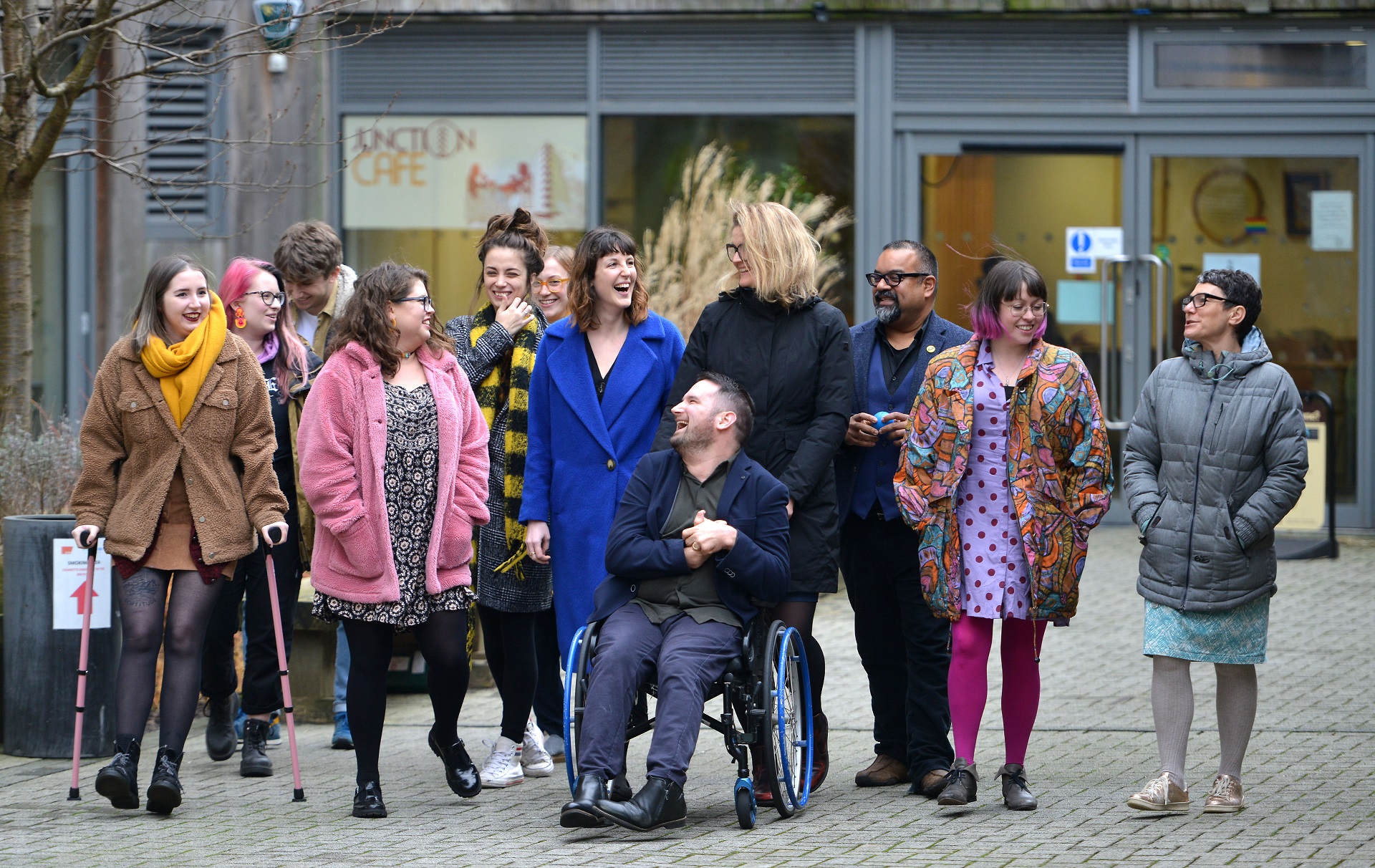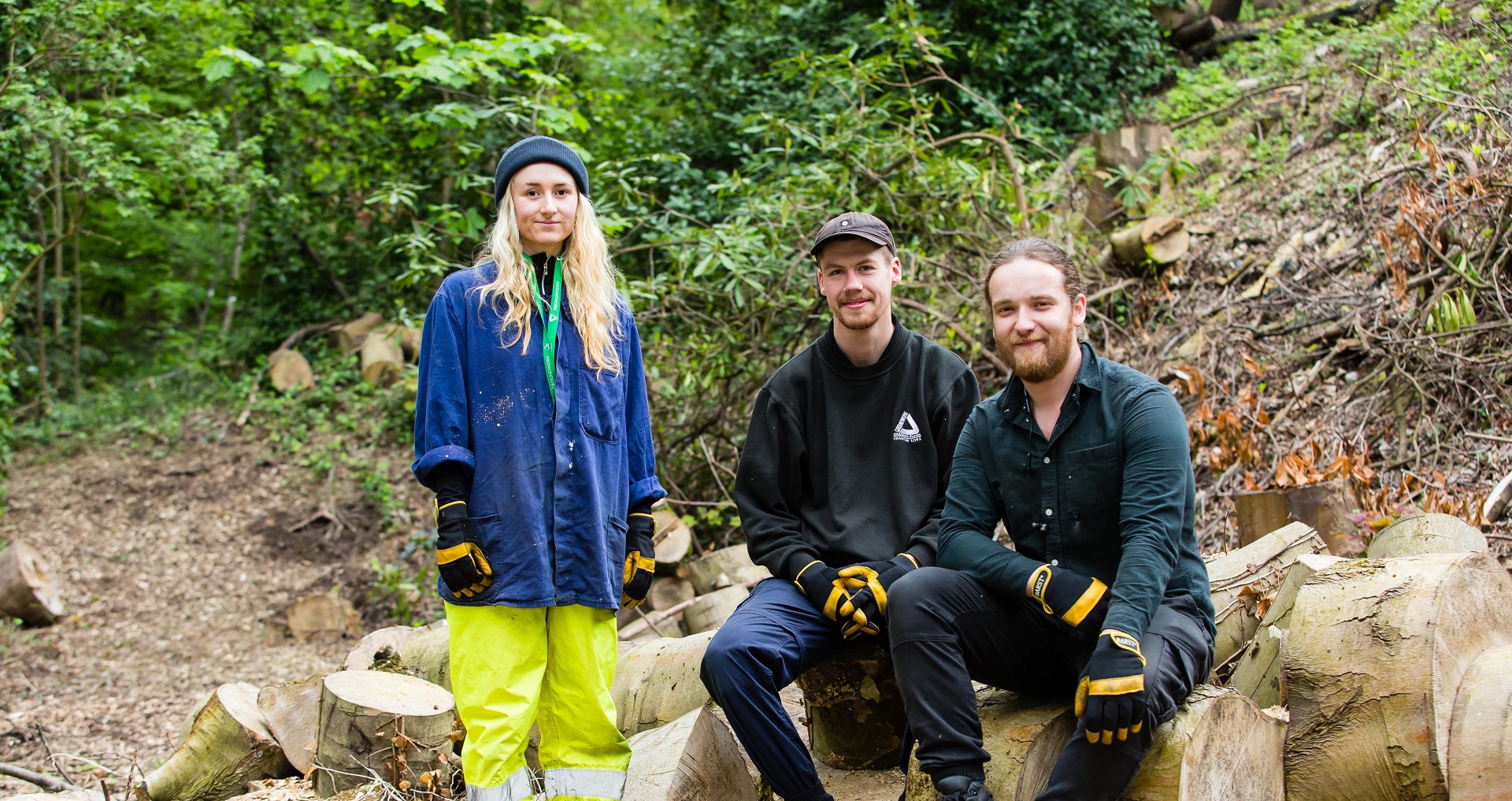Our membership criteria and how we define a social enterprise
How we define a social enterprise At Social Enterprise UK (SEUK) we are clear but pragmatic when it comes to defining social enterprise. At a time when interest in social enterprise as a fairer, more sustainable and inclusive way of doing business is increasing, we must protect the values we stand for while remaining flexible to avoid restricting the growing social enterprise movement in the UK and around the world. SEUK focuses on five globally recognised principles in formally recognising an organisation as a social enterprise. To be identified as a social enterprise a business must: Have a clear social and/or environmental mission set out in the governing documents The primary aim of all social enterprises must be a social or environmental one. We believe that an organisation’s mission must be explicit in the s governing documents We don’t prescribe what constitutes a social or environmental mission. Creating a list of “approved” missions would limit the very entrepreneurial spirit we want to encourage. The mission should set out clearly the benefit and social impact of the business for people, communities and the environment. Generate most of the income through trading (or be working towards this) Social enterprises are businesses. Like any other business, they seek to make a profit and succeed commercially. For this reason, they must generate more than 50% of their income through trade. We recognise however that many start-up businesses of any form need funding to get off the ground and turn to readily available sources. With this in mind, we usually expect that within two years of operating, genuine social enterprises generate more than 50% of their income through their own trading activities. Reinvest or donate most of the profit to achieve the social/environmental mission What social enterprises do with their profits differentiate them from other businesses. More than 50% of the organisation’s profits must be reinvested or donated to further its social or environmental mission, with no, or limited, distribution to shareholders, or owners. This could mean reinvesting in community projects, expanding the organisation’s impact, or supporting beneficiaries directly. We recognise that reinvesting or donating profits alone does not necessarily equate to the creation of social value, and we acknowledge there are other ways an organisation can extract finance should it choose to. However, alongside other factors, the reinvestment or donation of profits is a clear indicator that an organisation is not set up primarily for owner or shareholder value. Be controlled or owned in the interest of its social/environmental mission Social enterprises must be owned in the interest of their social and/or environmental mission. As they serve the larger community, social enterprises should not be individually controlled. They differ from private businesses where shareholders or private owners can make unilateral decisions about wealth and direction of the company. Social enterprises must be permanently focused on the social or environmental mission and the community or cause. Many social enterprises start by trading without a company structure (sole trader or unincorporated) and this is acceptable when the income and activities are small. However, if they wish to win contracts, apply for funding, get investment, and hire people, they will need a legal structure of some sort. It is important to think about these other aspects first, to help choose the right sort of legal structure. The decision should also be influenced by the type of activities they undertake, how income will be generated (now and in future), the kind of governance that will suit their enterprise (how much control do they want? Who else do they want to participate?), and who their potential customers and partners may be. Many social enterprises choose to ensure their assets are legally protected and permanently retained for social or environmental benefit (meaning they cannot be bought-out or privatised). An asset lock can be effective in ensuring that a social enterprise operates in the wider interests of society for perpetuity and is not at risk of sale. While an asset lock is a desirable feature for all social enterprises, we recognise that there are some cases where it is not required, provided other protections are in place. Be an independent business, accountable and transparent about how they operate and the impact they have Social enterprises are organisations that are independent of the state, and they shouldn’t be owned or controlled by national or local government institutions. As social enterprises operate in the wider interest of society, we believe that transparency and accountability are critical factors. We believe accountable structures are desirable, however we recognise there are many ways in which organisations can protect their social mission. Social enterprises that are part of the co-operative movement are accountable to their members – consumers, staff, community members. Other social enterprises take a more traditional company structure with a board of directors that are legally accountable for the organisation’s social mission as well as its financial performance. Some organisations may choose a legal form that is regulated – such as a Community Interest Company (CIC) – to protect their social mission. In all cases, transparent financial, social and environmental reporting is essential, allowing stakeholders to make a judgement on an organisation’s social credentials. Social Enterprise UK - certification process If a company meets the criteria, joining Social Enterprise UK will provide certification of their status and a social enterprise badge. Our criteria to be certified as a social enterprise are as follows: Have a clear social and/or environmental mission set out in the governing documents Generate a majority of income through trading (or be working towards this) Reinvest or donate a majority of profit to achieve the social/environmental mission Be controlled or owned in the interest of its social/environmental mission Be an independent business, accountable and transparent about how they operate and the impact they have To join SEUK, potential members will be asked to complete an online application form and provide a range of information about their business. The certification process and the due diligence performed might vary based on their legal structure and size. All organisations must submit the company registration number for the organisation seeking certification. We then ensure that the number matches the company applying for membership on Companies House, the Charity Commission or the FCA Mutuals Public register. For organisations with a turnover below £500,000, regardless of legal structure, we’ll check that the organisation has a social mission in their governing documents and that they are controlled in the interest of the social mission. We then apply an element of flexibility on all the other criteria to allow the business to grow dynamically in its first few years. For organisations with a turnover above £500,000, regardless of legal structure, we’ll check that they have a social mission in their governing documents and that they are controlled in the interest of the social mission. We will then request them to declare they meet all the other criteria by signing a memorandum of understanding and we will regularly perform spot checks to ensure the information provided is correct and the criteria are continuously adhered to. In some cases, we will perform a yearly review of their ownership structure and financial documents to make sure the criteria are continuously met. Becoming an SEUK member Discover the benefits of joining the world's largest social enterprise network and becoming a certified social enterprise on our About Membership page. Who we can't certify Unfortunately, we are not able to certify sole traders and unincorporated businesses as these are not registered and we therefore cannot perform the due diligence required to complete the certification process. We are also not able to certify international organisations not registered in the UK, however they can access People and Planet First certification.







